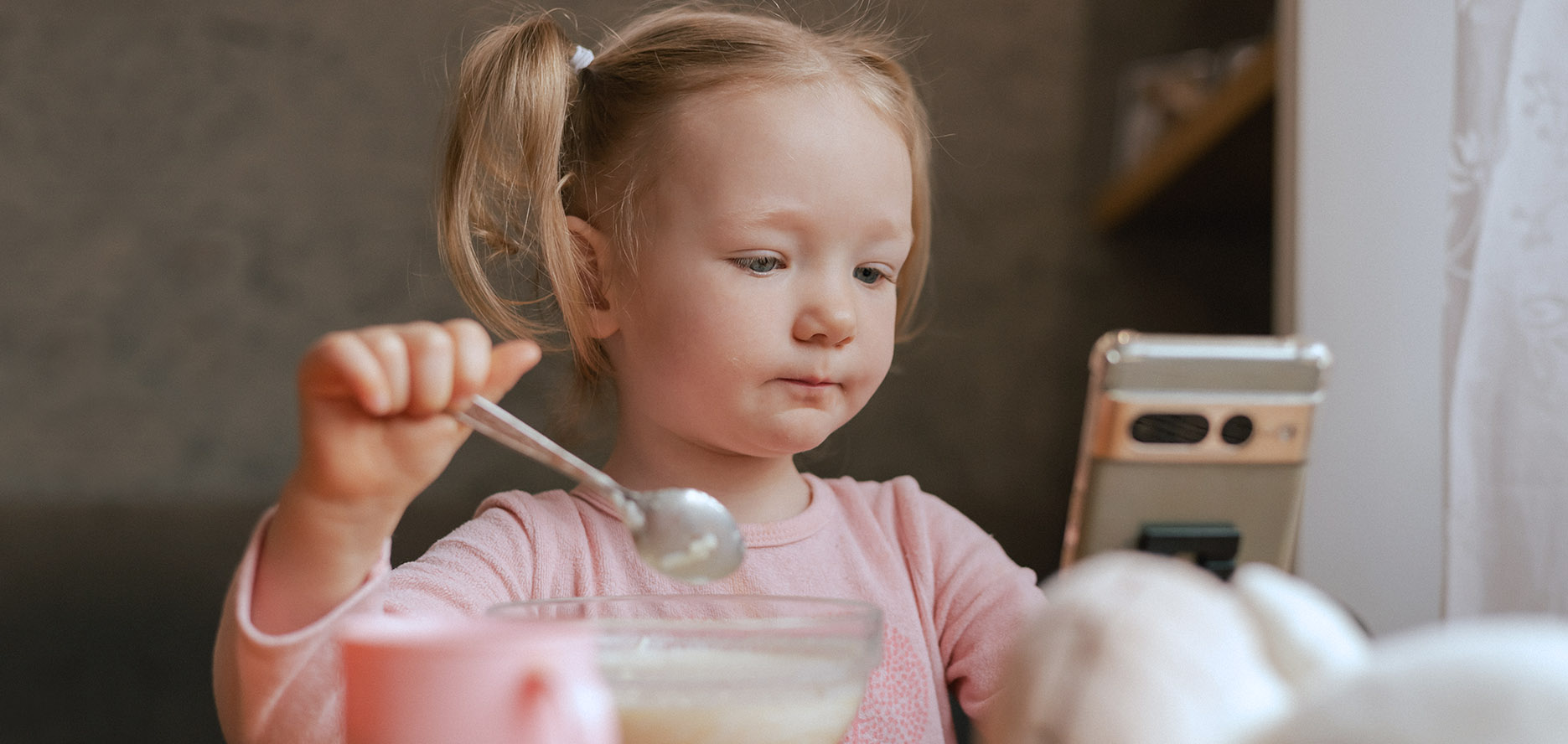For most parents, screen time is a daily battle. You worry about grades, attention span, maybe even eye strain. But here’s the thing — screens can affect more than just focus or eyesight. They can take a toll on the heart.
Researchers now say too much sitting and scrolling can quietly harm kids heart health, raising risks that may follow them well into adulthood. It’s a problem that starts small but builds over time, and it’s one families can take steps to prevent.
What the Research Shows
In a recent study, kids who spent more than six hours a day on screens had higher blood pressure, higher cholesterol, and more body fat than kids who stayed active. Those aren’t just numbers — they’re early warning signs that the heart is under strain.
It proves that one of the biggest screen time health risks is what you don’t see right away. The damage builds slowly, often unnoticed, until it shows up years later. Excessive screen time also increases the risk factors for atherosclerosis (plaque development in the arteries that transmit blood to the brain). And this condition causes carotid stenosis which is characterized by the narrowing of carotid arteries and is responsible for 10-20% of strokes in the future, if not detected early. Is your kid at the risk of carotid stenosis? Get in touch with a carotid stenosis therapist in Arizona.
Why Screen Time Hurts the Heart

Think about what happens during screen time. Kids sit. And sit. And sit. And it’s not just the sitting. Screen use is often paired with junk food, late nights, or even stress from gaming or social media. When the body isn’t moving, the heart doesn’t get the regular workout it needs to stay strong. Blood pressure creeps up. The body stores more fat. Cholesterol levels climb.
Signs Parents Shouldn’t Brush Off
Children may not always tell you something feels wrong. That’s why parents should look for early signals, like:
- Fast weight gain
- Feeling tired after little activity
- Shortness of breath
- Rising blood pressure during routine checkups
If you’re worried, it’s smart to talk with the best cardiologists in Goodyear who can check your child’s heart and offer guidance.
Health experts suggest limiting recreational screen use to about two hours a day. But in reality, many kids spend closer to six or more — sometimes even double that on weekends.
A Story That Brings It Home

Take Mia, a 10-year-old who loved watching videos for hours. Her weight started climbing, and she struggled to keep up in PE class. A doctor visit showed her blood pressure was higher than normal.
Her parents cut back on screens, signed her up for dance classes, and swapped soda for smoothies. Within months, her energy improved, and her numbers started to look better. With timely help from the best cardiologists in Goodyear, they made sure her heart stayed on track.
Why Prevention Starts Early

Heart disease doesn’t begin at 50. The groundwork is often laid in childhood, through habits and lifestyle. That’s why prevention matters so much at this stage.
Children with lots of sitting should be encouraged to keep their bodies moving a lot, take adequate rest, and eat well to protect the heart for decades to come. Aim for an hour of play, sports, or activity each day. And if there is a need, contacting trusted doctors or typing heart care center in Goodyear helps families find the answers they are seeking.
Final Thought
These screens are everywhere, and they will never cease to exist. Too much of our exposure to them can silently endanger the kids. The trick is to strike that balance, not to eliminate the screens entirely.
By promoting activity, setting limits, and relying on the professionals in heart care center from Goodyear for assistance in studying ways to reduce the adverse health effects arising from the use of screens, families can learn to protect their children’s heart health.
In a nutshell, the small choices we make today give rise to a stronger and healthier tomorrow for our children.



